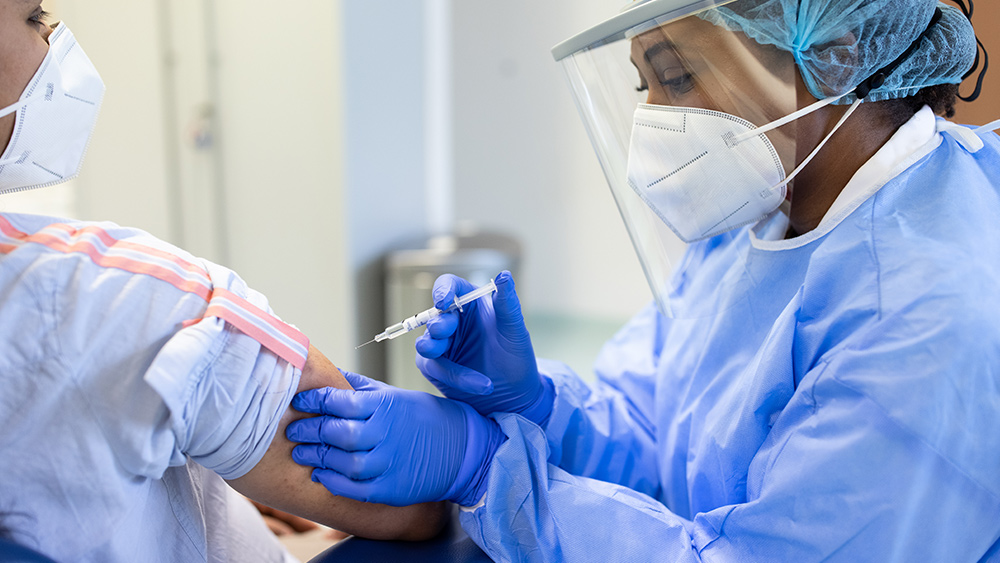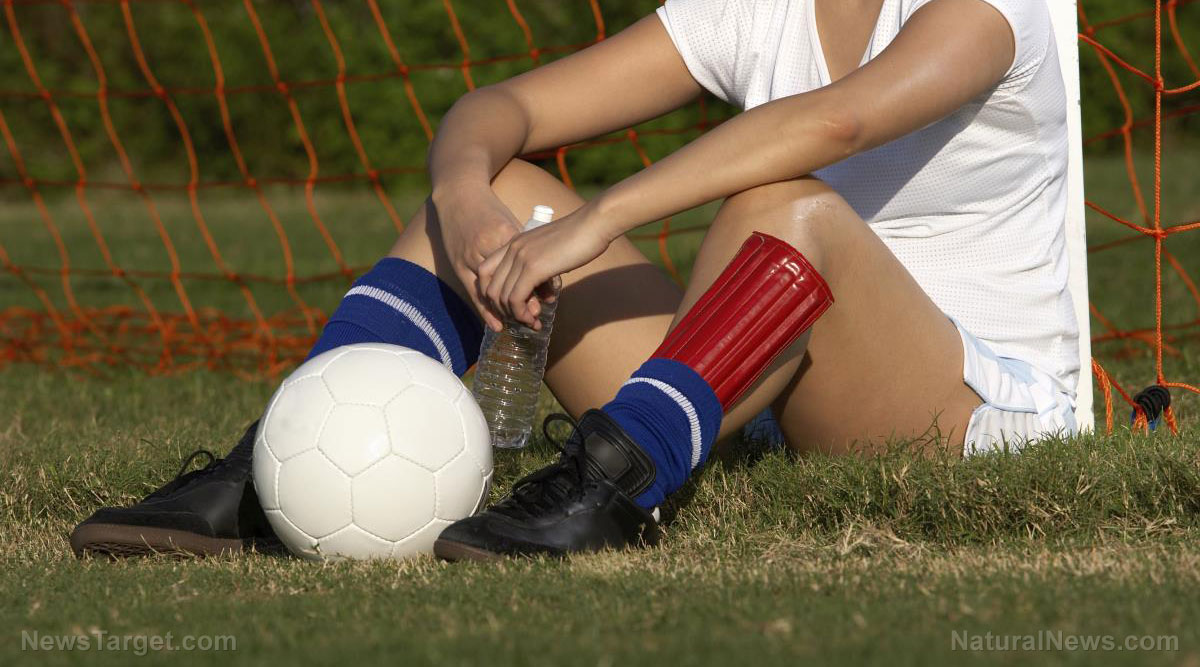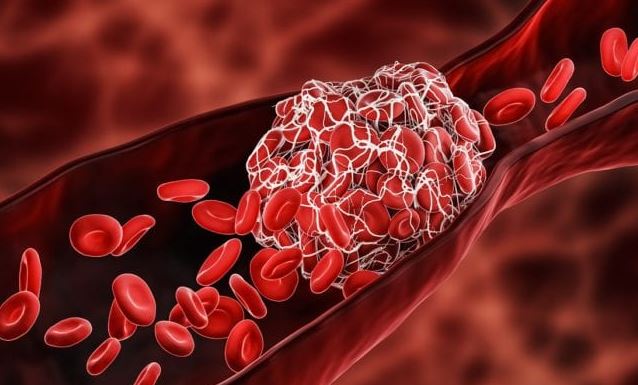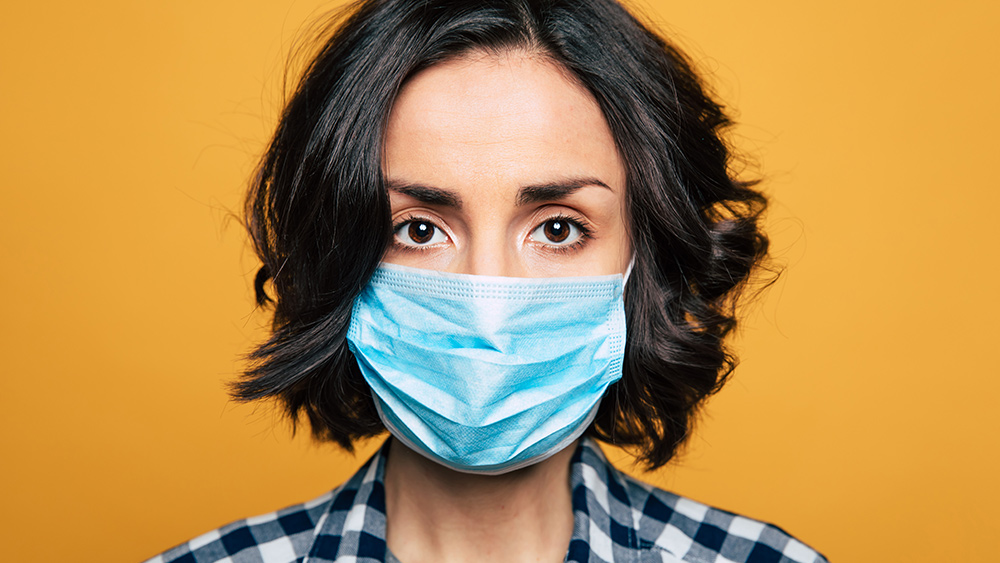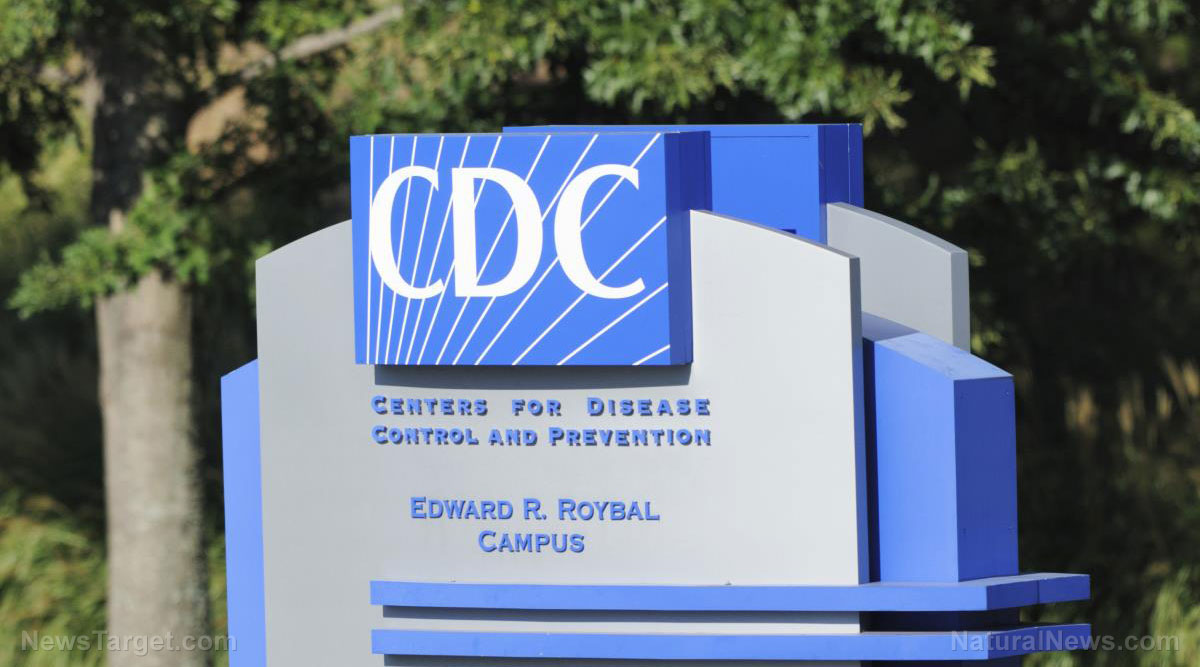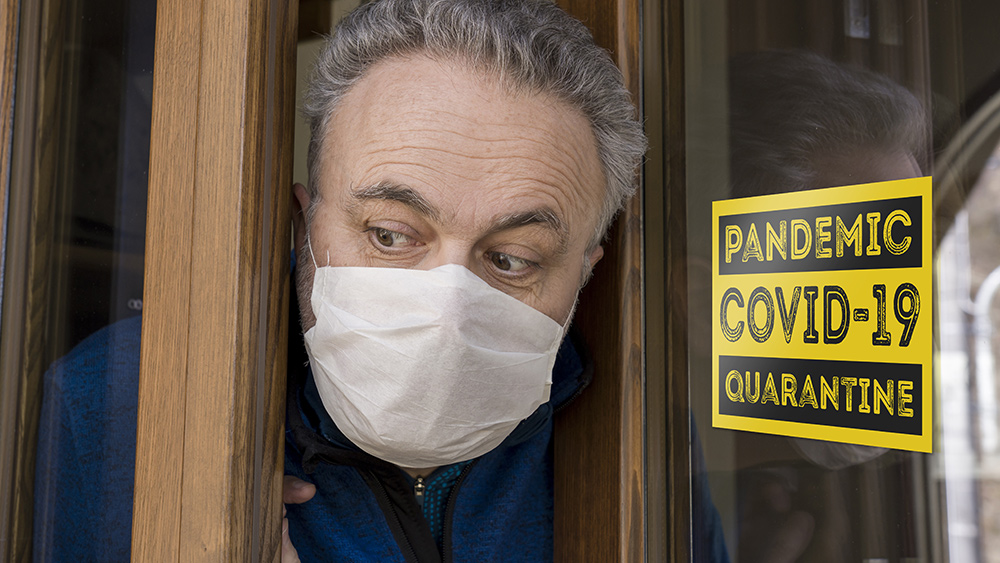Britain bans COVID vaccine for children under 12, says they are at very low risk of developing severe COVID
09/09/2022 / By Mary Villareal

Children under the age of 12 have been banned from receiving the Wuhan coronavirus (COVID-19) vaccine. The decision was made by the government’s Joint Committee on Vaccination and Immunization (JCVI), which argued that children are at very low risk of developing severe COVID, and most will have gained natural immunity from infections.
Adam Finn, a professor of pediatrics at the University of Bristol, told the paper that the proportion of parents who have chosen to have their young children immunized had been small.
“The main policy focus right now though is to try to immunize those who are at highest risk of severe acute COVID as per the recent announcement on the autumn booster program,” he said.
In the United States, a little less than four percent of infants under two years old and a little more than six percent of children two to four years old have received their first doses.
In May, Pfizer trial data showed that the chance of death in children from the shot is 107 times higher than death from COVID-19. Despite this, the Food and Drug Administration (FDA) still approved booster shots for children aged five to 11.
The FDA’s vaccine advisory committee reluctantly recommended the approval of the Pfizer-BioNTech COVID-19 vaccines for the younger age group despite the lack of safety data.
Dr. Eric Rubin, who serves as editor of the New England Journal of Medicine, famously said during the hearing: “We’re never going to learn about how safe the vaccine is, unless we start giving it – that’s just the way it goes.” (Related: Israeli government hid childhood vaccine injuries during covid jab approval process.)

Author and journalist Naomi Wolf, who mobilized a team of experts poring over the Pfizer clinical trial data released through a lawsuit, said the vaccines are hindering the development of the testes of pre-adolescent boys.
“The vaccines hurt the testes and hurt the parts of the testes that develop the masculinity and secondary sex characteristics of little boys, and baby boys and teenage boys,” she said. “So they literally harm the chances of your little boy child to grow up normally as a male human adult.”
UKHSA: COVID vaccination offers for children always meant to be temporary
Children who had not turned five by the end of August will no longer be offered vaccination, according to the JCVI. The U.K. Health Security Agency (UKHSA) said the COVID vaccination offers to healthy five to 11-year-olds were always meant to be temporary.
UKHSA’s Green Book, which provides information on the vaccine rollout for public health professionals, stated that the “one-off” program applies to children aged 5 to 11 years, including those who turn five before the end of August.
“Subject to further clarification, on-going eligibility in 2022/23, after the one off-program, is expected to be for children in the academic years where children are aged 11 or 12 years,” it continued.
Finn also said the COVID vaccine program for primary jabs would have wound down at some point, including for children, and that it had not been finalized when this would happen.
Gavin Dabrera, deputy director of COVID-19 vaccines and epidemiology at UKHSA, said that the offer was only applicable to children who turned five by August 31. The National Health Service in England vaccinates in line with this guidance and eligible children who turned five by August 31 could still get their vaccines.
“The JCVI continually reviews the UK’s Covid-19 vaccination program, including the offer to 5-11s, and any updates to its advice will be announced in due course,” they said.
Visit Vaccines.news for more updates about the COVID-19 jabs and doses for children.
Watch the video and listen to Naomi Wolf’s conversation with Steve Bannon.
This video is from the Ruth Mackenzies channel on Brighteon.com.
More related stories:
CONFIRMED: Covid “vaccine” vials definitely contain graphene oxide.
Sources include:
Submit a correction >>
Tagged Under:
banned, big government, Big Pharma, covid vaccine, covid-19, FDA, harmful medicine, JCVI, pharmaceutical fraud, UK, UKHSA, vaccine, vaccine damage, Vaccine injuries, vaccine wars, vaccines, Wuhan coronavirus
This article may contain statements that reflect the opinion of the author


